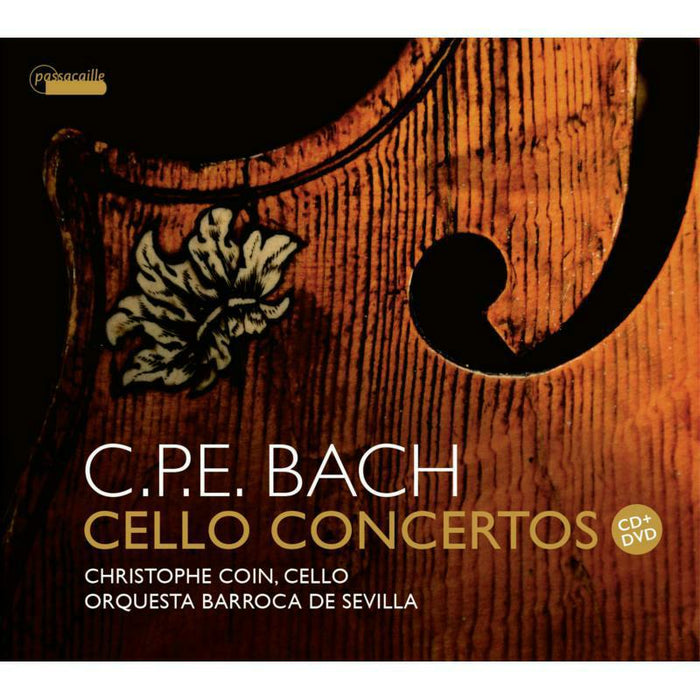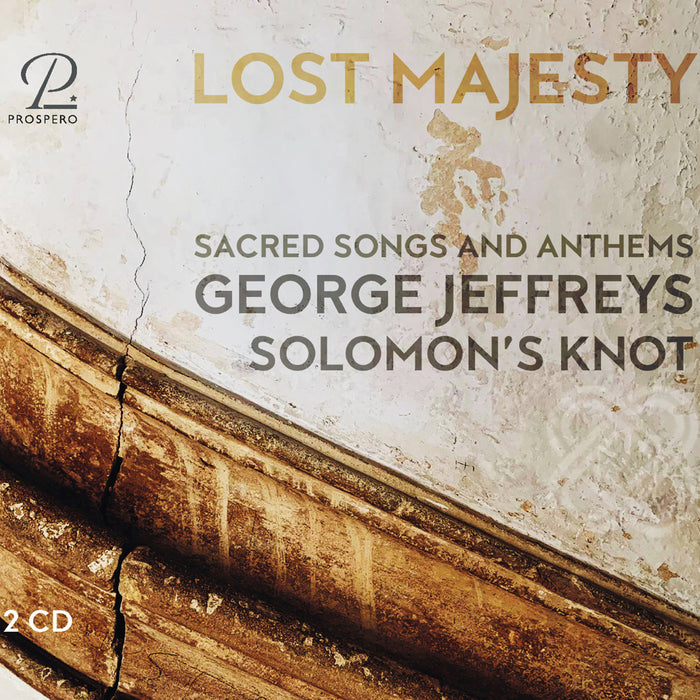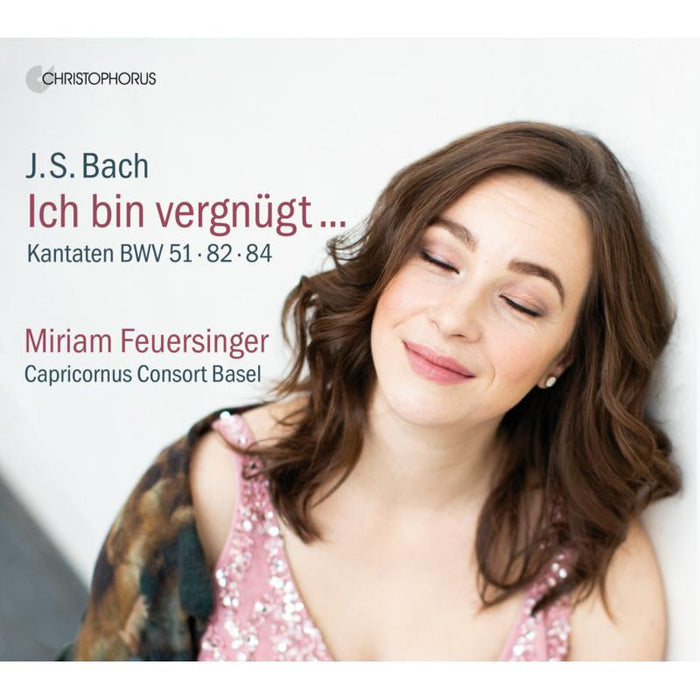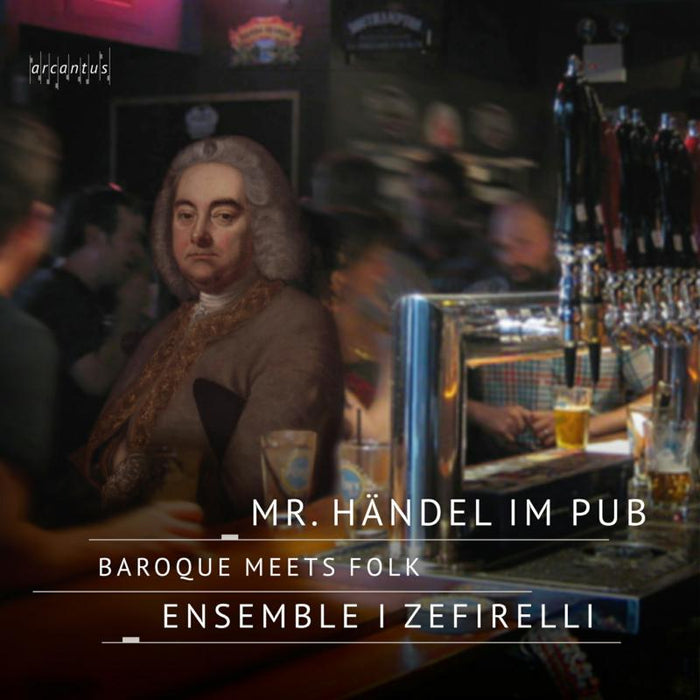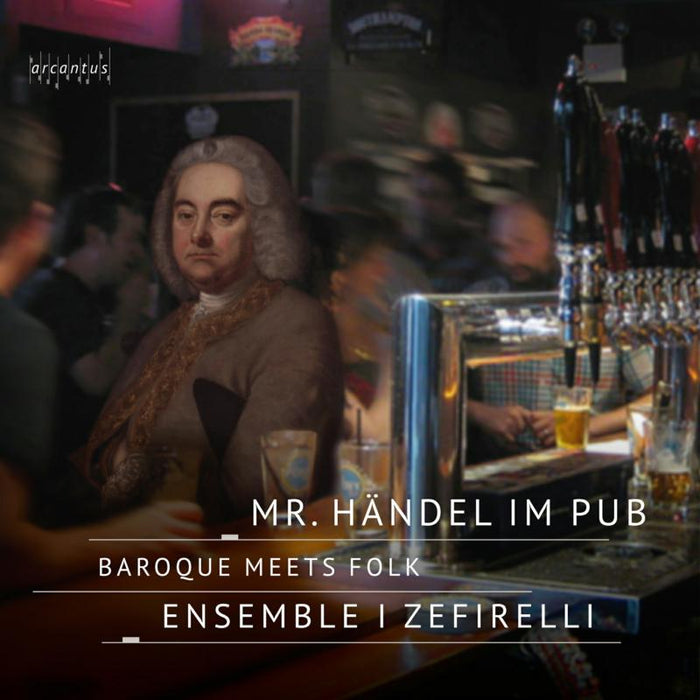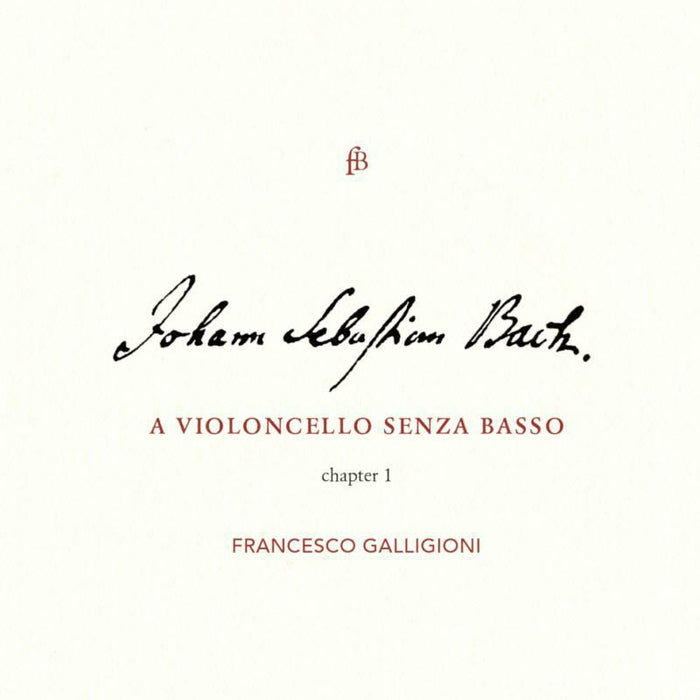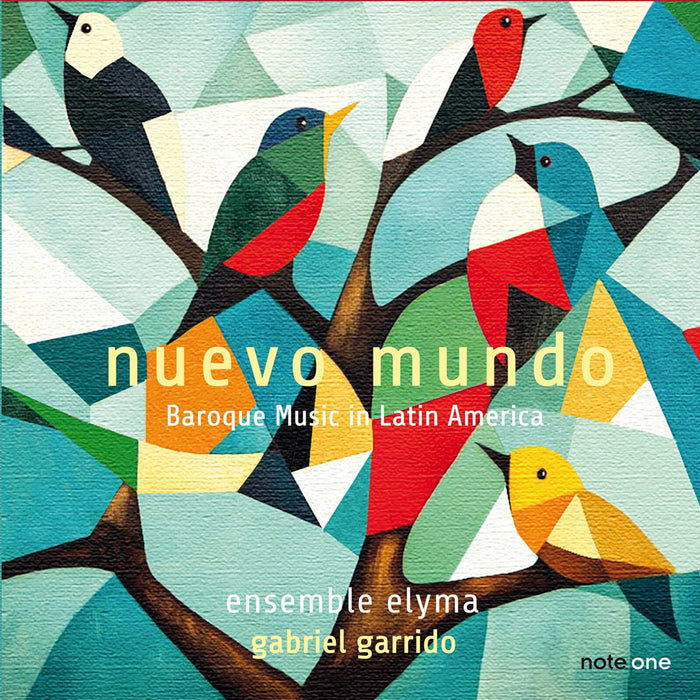Description
This new box-set from Pan Classics presents recordings of Monteverdi's L'Orfeo, L'incoronazione di Poppea and Il ritorno d'Ulisse in patria.
At the end of the 1990s, the recordings of Gabriel Garrido represented an important landmark in the interpretation of Monteverdian opera. What attracted one's attention straightaway in his versions were the brilliance and the hedonism of the actual recording itself. Following the precepts noted by the theorist Agostino Agazzari (a contemporary of Monteverdi) concerning continuo realization, Garrido involved not only the typical instruments which can play contrapuntally (keyboard, organ, archlute, harp, etc) but those with melodic capabilities as well. The resulting sound was opulent but never ornamental; and from it the dramatic rhythm flowed in a series of subtle ways. It was precisely with the voices where Garrido set himself apart from his predecessors. By deciding to surround himself with Latin voices (Italian, French, Spanish, Argentinian.) he endowed his Monteverdi with warm, rounded and sensual vocal colours.
Any number of the individual vocal performances recorded here continue to represent interpretative touchstones: the Messaggera and Penelope of Gloria Banditelli, the Proserpina of Roberta Invernizzi, the Telemaco of Jean-Paul Fouchécourt, the Caronte of Antonio Abete, the Ulisse of Furio Zanasi and the Melanto of Guillemette Laurens stand out among many. Interpretatively distant not just from the contrasting theatricality offered by Harnoncourt and Jacobs but also the restrained seriousness of the British ensembles, the Monteverdian readings of Garrido are possessed of a sound which manages to be spectacular and yet private, considered yet visceral.
Garrido was born 1950 in Buenos Aires, and studied music at University of La Plata, in Zurich, and at the Schola Cantorum Basiliensis, specialising in the lute, baroque guitar and reed instruments of the Renaissance. He became a member of the Ensemble Ricercare and Jordi Savall's Hesperion XX, with whom he made several recordings.
From 1977 he was a teacher at the Centre de Musique Ancienne at the Conservatoire de Musique de Genève, where in 1981 he founded Ensemble Elyma a performance and research ensemble. He has a long working relationship with the Studio di Musica Antica Antonio Il Verso of Palermo.
Garrido is also known for his work on Italian music, in particular his cycle of Monteverdi's operas, ballets and vespers and Vespro per lo Stellario della Beata Vergine of Bonaventura Rubino. From 1990, the Teatro Massimo in Palermo has called on Garrido annually to make an opera creation. In 2000 the Fondazione Cini, Venice, awarded him a special prize in recognition of his artistic activities on behalf of Italian music in the preceding ten years.
Garrido has conducted operas at the Festival d'Ambronay and Festival de Beaune. He has brought baroque opera home to the Teatro Colón in Buenos Aires with performances including Monteverdi's L'Orfeo (June 2001) and Rameau's Les Indes Galantes, (October 2002).





